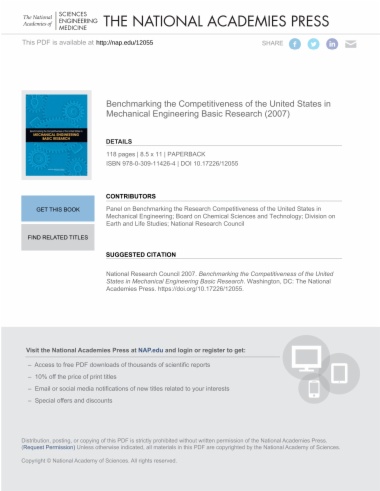

The National Assessment of Educational Progress (NAEP), known as the nation's report card, has chronicled students' academic achievement in America for over a quarter of a century. It has been a valued source of information about students' performance, providing the best available trend data on the academic achievement of elementary, middle, and secondary school students in key subject areas. NAEP's prominence and the important need for stable and accurate measures of academic achievement call for evaluation of the program and an analysis of the extent to which its results are reasonable, valid, and informative to the public.
This volume of papers considers the use and application of NAEP. It provides technical background to the recently published book, Grading the Nation's Report Card: Evaluating NAEP and Transforming the Assessment of Educational Progress (NRC, 1999), with papers on four key topics: NAEP's assessment development, content validity, design and use, and more broadly, the design of education indicator systems.